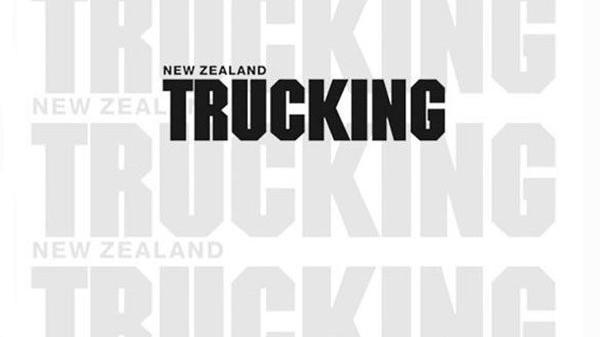
In the dynamic landscape of modern industries, lobbying has emerged as a crucial tool for shaping policy and influencing decisions that impact businesses and communities. A unified and influential voice is essential to drive positive change, particularly in the trucking industry, where intricate regulations and policies directly affect operations. However, recent successes of the New Zealand Trucking Association (NTA) and National Road Carriers (NRC) demonstrate that a wide range of voices, rather than a single monolithic entity, can effectively achieve lobbying goals.
Lobbying, at its core, seeks to influence lawmakers and decision-makers to adopt policies that align with the interests of a particular group or industry. While a single voice may appear strong, diverse perspectives offer a more comprehensive and nuanced approach to advocating for change. The collaboration between NTA and NRC is a testament to the strength that emerges when independent entities unite for a common cause.
By incorporating a wide range of voices, the lobbying effort becomes more representative of the entire industry. Trucking, like many industries, is multifaceted, with a multitude of stakeholders – from large transport companies to small, family-owned businesses. Each entity brings its unique challenges, insights and perspectives to the table. When these diverse voices collaborate, the resulting lobbying effort becomes a mosaic of ideas that resonates with policymakers on multiple levels.
One of the key advantages of collaborative lobbying with a diverse range of voices is the ability to conduct a more comprehensive analysis of the issues at hand. NTA and NRC, for example, are better equipped to examine proposed policies from various angles, identifying potential unintended consequences and highlighting areas that may have been overlooked. This thorough examination enhances the credibility of their lobbying efforts and fosters a more informed dialogue with policymakers.
Moreover, the combined knowledge and expertise of multiple organisations enables a more robust assessment of the industry’s needs. While a single voice may possess valuable insights, it is unlikely to encapsulate the entire spectrum of challenges and opportunities the industry faces. Collaborative lobbying ensures no stone is left unturned and the advocacy effort remains well-rounded and holistic.
The involvement of multiple organisations in lobbying enriches the quality of discussions and enhances the credibility of the advocacy effort. Policymakers and the public are more likely to perceive a coalition of organisations as legitimate industry representatives rather than a single entity with a potentially self-serving agenda.
In the case of NTA and NRC, a collaborative approach sends a powerful message that transcends self-interest. By working together, these organisations demonstrate a commitment to the greater good of the trucking industry and the communities it serves. This credibility can open doors to meaningful conversations with decision- makers, leading to more impactful policy outcomes.
While each entity maintains its independence, they can share the research, outreach, and communication burden. This resource-sharing optimises the impact of lobbying campaigns, ensuring that efforts are focused, strategic and well-executed.
NTA and NRC’s collaborative approach exemplifies this principle, as they combine their strengths to amplify their influence. By leveraging the strengths of each organisation, they can operate on a larger scale and allocate resources where they are most needed. This approach ensures efficient resource utilisation and maximises the chances of achieving positive change.
In a complex and interconnected world, effective lobbying requires a multifaceted approach that embraces the power of diverse voices. The collaboration between the NZTA and the NRC is a compelling example of how independent organisations can unite to achieve meaningful and positive change.
By harnessing the strengths of diverse perspectives, collaborative lobbying provides a comprehensive analysis of issues, enhances credibility and maximises the impact of advocacy efforts. In an era where inclusivity and collaboration are valued more than ever, the trucking industry’s success story demonstrates that a chorus of voices can be more impactful than a single note. As industries continue to navigate an evolving landscape, the power of diverse voices will remain a driving force behind effective lobbying and positive change.
Some good examples of the success of collaboration are HARMfree Transport and Logistics, a workplace harm-prevention programme that was awarded some initial funding from the ACC Workplace Injury Prevention Grant, the TMS Conference & Exhibition scheduled for 13-14 March 2024 and TruckSafe, an accreditation safety- management system currently under development.
If you’d like any more information, please reach out.





